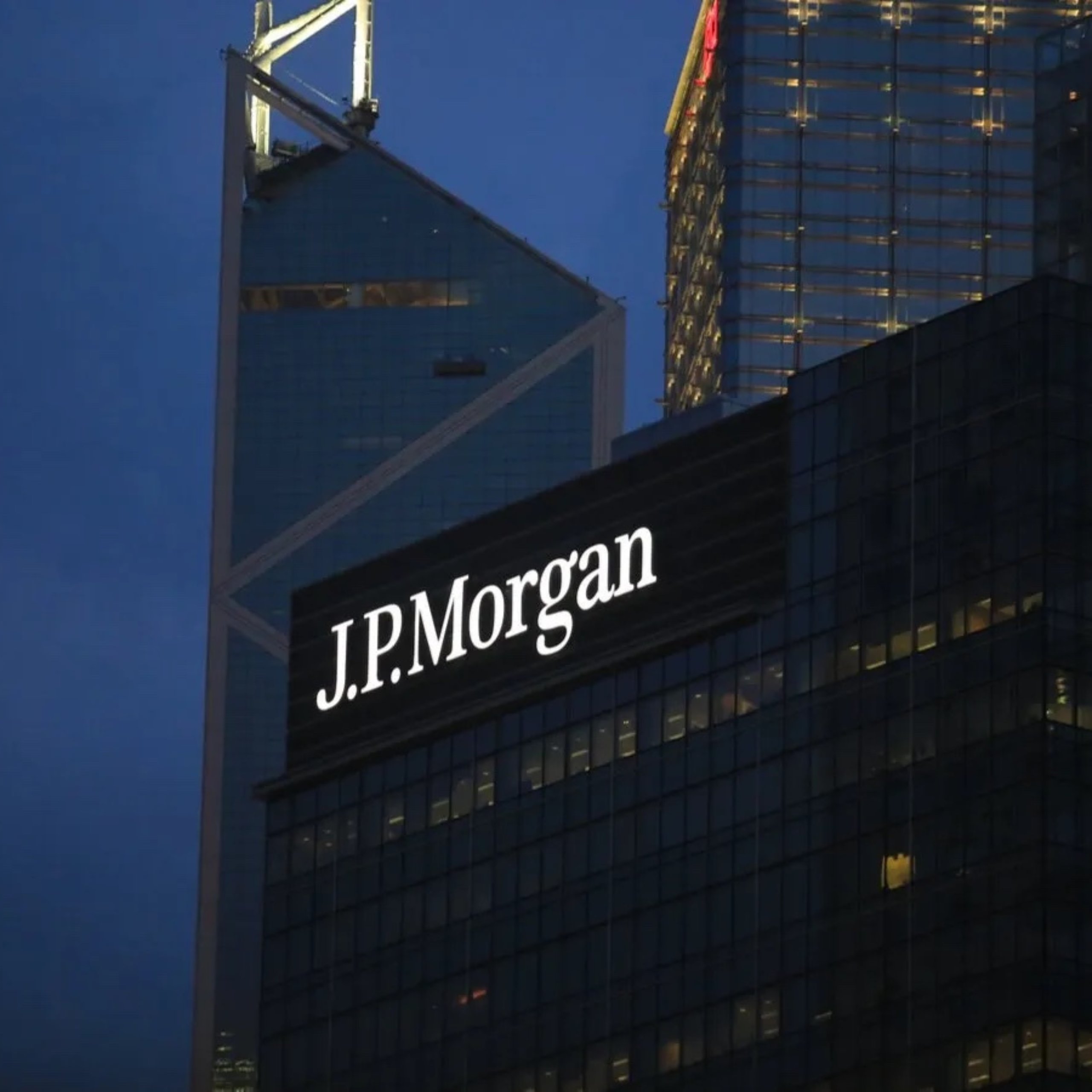J.P. Morgan Private Bank has unveiled its 2025 Global Investment Outlook, titled *Building on Strength*, highlighting key trends set to influence global markets and investment strategies next year. The report emphasizes the ongoing recovery in the global economy and the potential for continued growth in areas such as capital investment, artificial intelligence, and alternative investments.
Market Performance in 2024 Lays Strong Foundation for 2025
J.P. Morgan’s 2025 outlook builds upon a year marked by strong market performance, which saw a decline in inflation, robust GDP growth, impressive corporate profits, and easing monetary policies. Grace Peters, Global Head of Investment Strategy, commented on the performance, stating, “It was a year of exceptional market performance, characterized by a decline in inflation, robust GDP growth, strong corporate profits, and easing monetary policy.”
Looking ahead to 2025, Peters emphasized the positive outlook, noting that investors are in a strong position to capitalize on emerging trends such as evergreen alternatives, accelerating capital investments, and technological advancements like artificial intelligence. She further added, “Our ultimate goal is to build resilient portfolios through income generation and diversification, which can help mitigate the impact against unexpected shocks.”
Global Policy Easing to Support Economic Growth
One of the primary themes in J.P. Morgan’s 2025 outlook is the expectation that global policy easing will continue into the new year. Falling interest rates are anticipated to support economic growth in key regions, including the U.S. and the Eurozone, without reigniting inflation. Jacob Manoukian, U.S. Head of Investment Strategy, noted that bond market pricing suggests the easing cycle will end by the first quarter of 2026, with the policy rate hovering near 3.5%.
“This provides a supportive environment for risk assets, benefiting sectors like housing, commercial real estate, productivity, while also encouraging a nascent revival in dealmaking,” said Manoukian.
Capital Investment as a Megatrend Driver
J.P. Morgan’s report also underscores the growing importance of capital investment, which is expected to be a major driver of three global trends: artificial intelligence, power infrastructure, and security. Alex Wolf, Asia Head of Investment Strategy, highlighted the surge in capital investment in the power sector, spurred by the reindustrialization of U.S. manufacturing, increased electrification in clean energy, and rising demand from data centers.
“Japan is at the forefront of many of these structural trends, and we see capital investment rising as a result,” said Wolf, emphasizing that this investment surge will have global implications.
Europe’s Resilient Giants and Opportunities for Returns
Despite challenges in Europe’s productivity, J.P. Morgan’s outlook encourages investors to consider the region’s top companies for diversification and potential returns. Erik Wytenus, Europe, Middle East, and Africa Head of Investment Strategy, pointed out that the largest European companies derive only about 40% of their revenues from Europe, positioning them as global players.
“While ‘US exceptionalism’ is a theme with sound rationale, we also advocate complementing US positions with international diversification, including in Europe, which is aided by the ECB’s policy easing,” Wytenus explained.
Embracing Alternative Investments and Innovative Frontiers
The report also explores the growing appeal of alternative investments, including evergreen alternatives, sports, space, and urban development. Thomas Kennedy, Chief Investment Strategist, noted that open-ended evergreen funds are gaining popularity, with 50% of J.P. Morgan’s alternative commitments in 2024 directed toward evergreen fund structures—three times the amount from the previous year.
“These pioneering investment strategies offer potential for growth and diversification in a rapidly changing world,” Kennedy stated.
Policy Impact to Outweigh Election Outcomes
As global political landscapes shift, J.P. Morgan’s outlook suggests investors should focus more on policy impacts rather than election results. Nur Cristiani, Latin America Head of Investment Strategy, cautioned that fiscal activism from governments could threaten inflation expectations and derail economic growth, highlighting the risks posed by anti-establishment political movements.
“Investors should monitor the risks posed by anti-establishment parties, as their rise could increase political and economic volatility,” Cristiani said.






